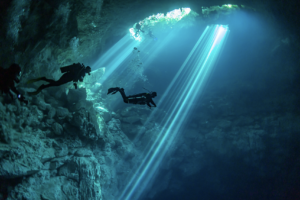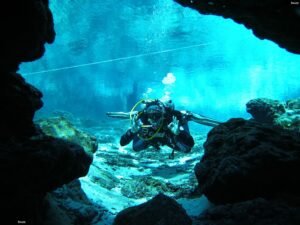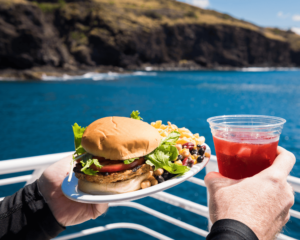Scuba diving is not just an activity but a transformative experience that allows adventurers to literally immerse themselves in marine life.
Content:
What is Scuba Diving?
Scuba diving, also known as SCUBA (Self-Contained Underwater Breathing Apparatus), is a way to explore the underwater world independently and freely. Instead of relying on a surface air source, divers carry their own supply of compressed air in a tank.
This air is delivered through a regulator, which converts high-pressure air into a continuous stream of breathable air. This allows divers to explore different depths and uncover the secrets of the aquatic world for extended periods.
History of Scuba Diving
The history of scuba diving dates back to ancient civilizations that sought underwater treasures. In the 18th century, experimentation with breathing systems began, and in the 19th century, diving suits and helmets emerged.
However, the major breakthrough came in the 20th century when, in 1943, Jacques-Yves Cousteau (known as the father of diving) and Émile Gagnan introduced the diving regulator.
This invention allowed divers to efficiently breathe compressed air directly from a tank, revolutionizing how people explored the underwater world and taking scuba diving to a whole new level.
From its origins in treasure hunting to today’s deep-sea exploration, scuba diving has evolved, enabling us to delve into an underwater world full of wonders and challenges.
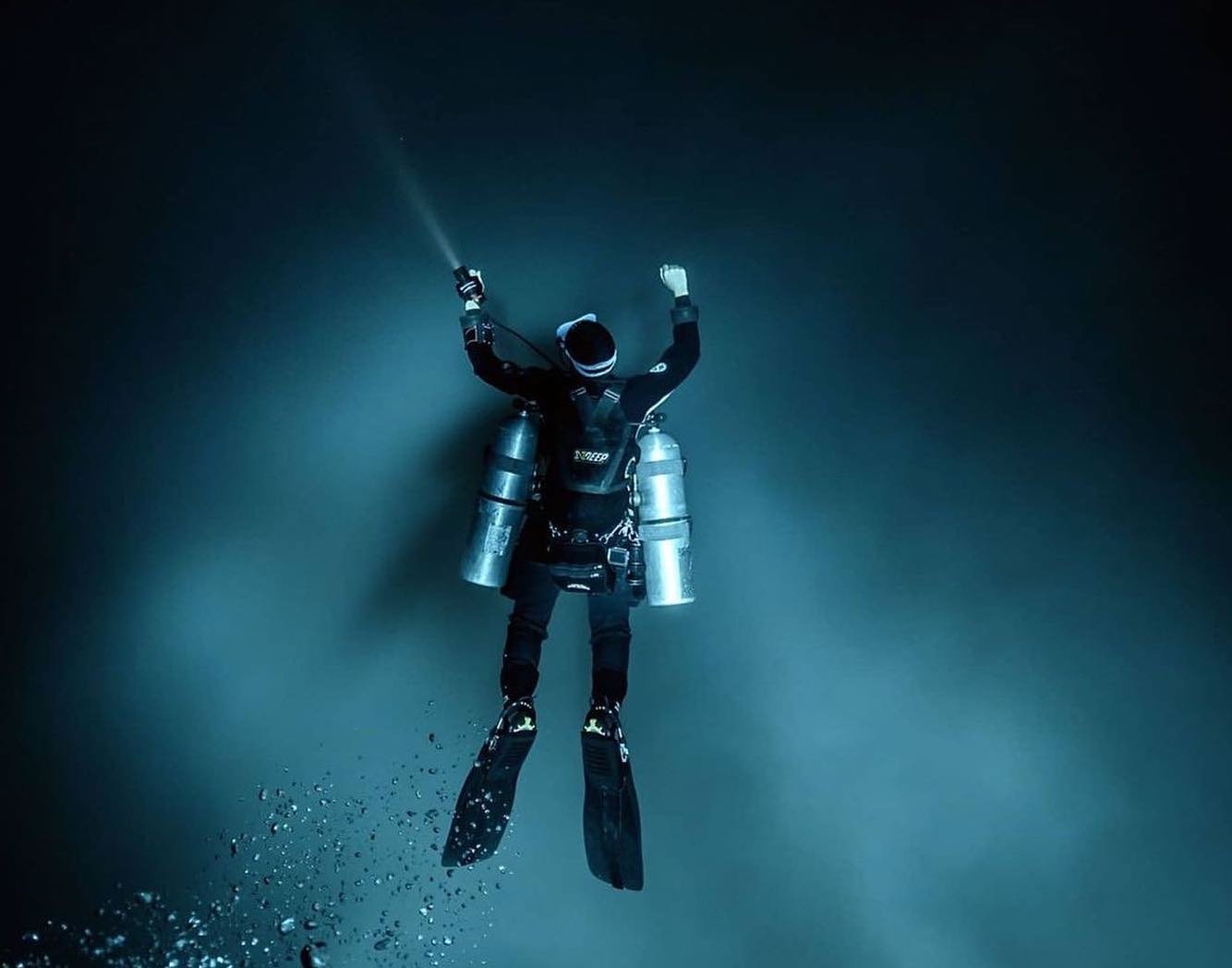
Benefits of Diving
From total relaxation to physical fitness improvement, every dive is a transformative experience. Here are some of the most important benefits of diving:
- Total Relaxation: Immersing yourself in the water is like entering an oasis of calm.
- Increased Physical Endurance: It improves muscle strength and endurance while expanding lung capacity.
- Enhanced Psychomotor Skills: As you perfect your movements and buoyancy, you’re improving your psychomotor skills.
- Stress and Anxiety Reduction: Diving has been linked to lower blood pressure and mental relaxation.
- Increased Confidence and Self-Esteem: The sense of achievement after a successful dive is incomparable.
“Diving not only connects you to the ocean but also to yourself” -YDC
Types of Diving
Diving can be categorized into various types, each requiring different levels of training and certification.
- Recreational Diving: Recreational diving is the entry into the underwater world for most people. It focuses on exploring natural aquatic environments like coral reefs, lakes, and coastlines. Within this category, you’ll find open water diving, cenote diving, and reef diving, among others.
If you’re interested in diving for your first time try our Discover Scuba Diving Course – perfect for those who wish to experience scuba diving!
- Technical Diving: Technical diving takes exploration to deeper and more challenging levels. Technical divers use advanced equipment and procedures to dive to greater depths and in more complex environments. Cave diving, deep diving, and wreck diving are examples of this category.
- Commercial Diving: Commercial diving encompasses a wide range of activities where diving is done for professional purposes. It includes jobs such as inspecting underwater structures, construction, search and rescue, and object recovery.
- Sport Diving: Sport diving combines a passion for diving with competition. In this type of diving, divers compete in disciplines like freediving, where the goal is to reach maximum depths or hold one’s breath for extended periods.
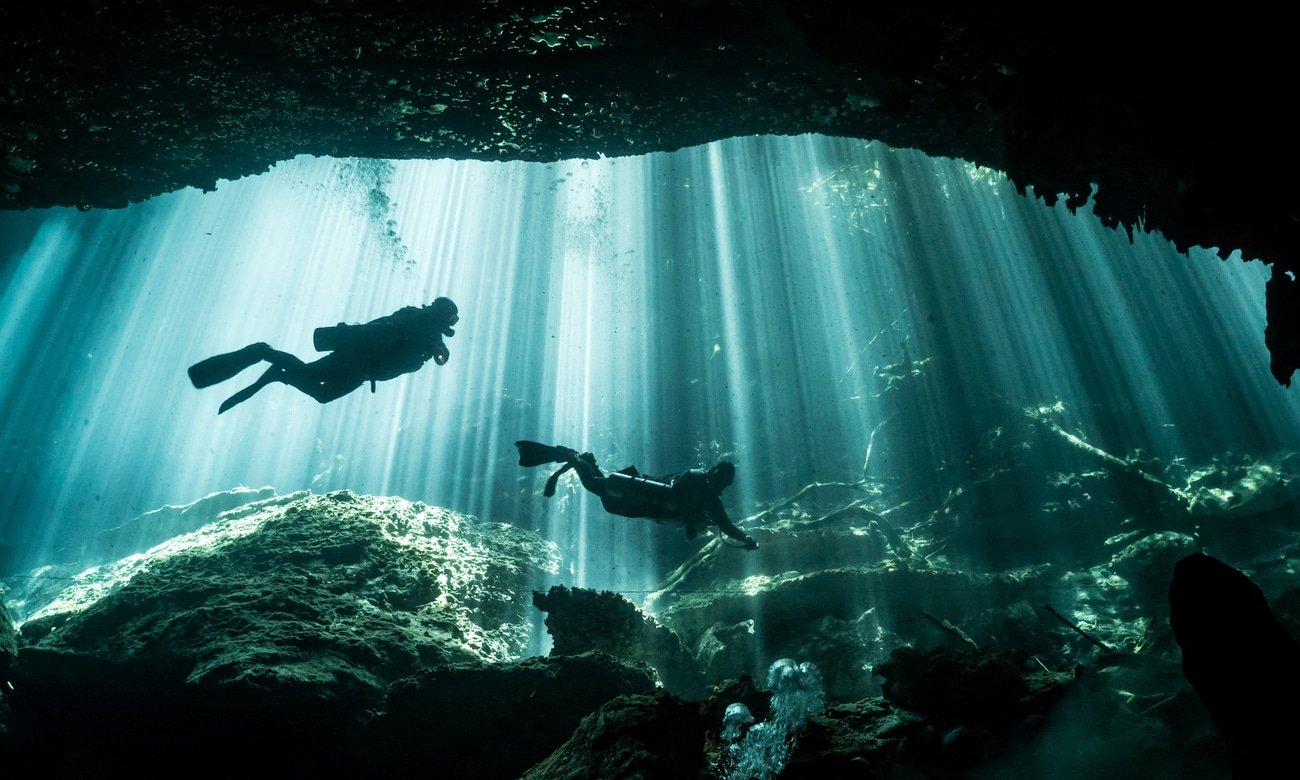
Is Diving Safe?
With proper training, scuba diving is considerably safer than many other activities. Statistics show that you are more likely to get injured playing golf, snowboarding, or even bowling than while scuba diving.
Recognized diving organizations, such as PADI, set rigorous safety standards that divers must follow during their training and practice. These certification courses provide essential knowledge about equipment, diving techniques, and safety procedures, preparing you to handle various underwater situations.
However, it is always advisable to maintain good health and undergo a medical check-up before diving, especially if you have pre-existing health issues. Prevention is key, and listening to your body and communicating with your instructor are essential practices.
Here at Yucatan Dive Crew we offer over 10+ PADI courses. If you’re interested in diving check out our course list here.
